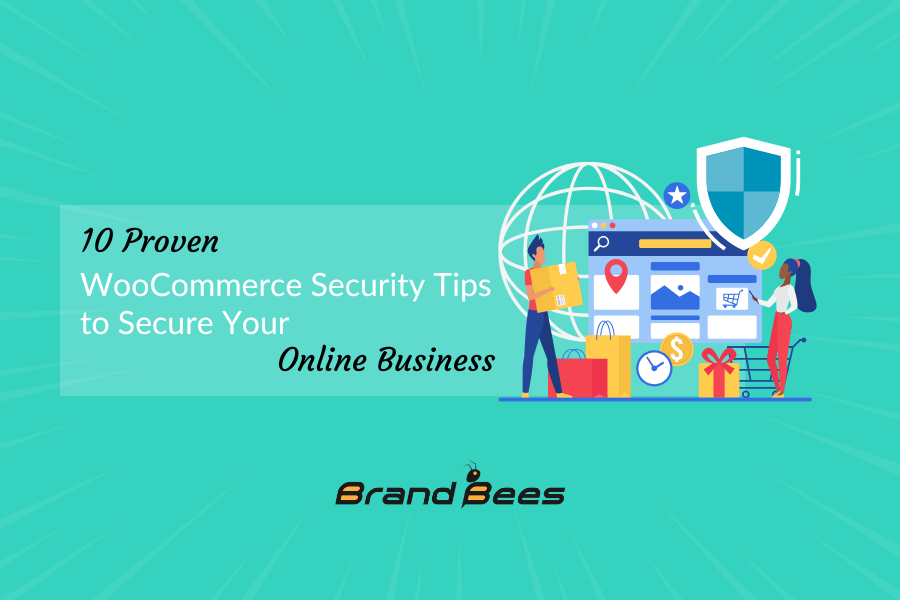Did you open your WooCommerce store? It’s fine. This platform’s advantages for its users will help you build your business. But certain moments are critical and should not be missed. One of the essential factors in e-commerce is security. However, many people usually forget about it, setting simple passwords, saving on security measures, and postponing vital decisions for later.
Some security tools were originally built into WordPress and WooCommerce. Still, if you open or plan to open your online store soon, you will not be uncomfortable knowing some basic rules by which you can secure your customers, employees, and all data from any attempt at hacking or attack. Most security measures are taken in advance, so protecting yourself from the beginning is better than losing more.
10 Essential WooCommerce Security Tips to Protect Your Online Store
In this article, I will tell you 10 essential WooCommerce security tips to protect your online store.
1. Create a Strong Password
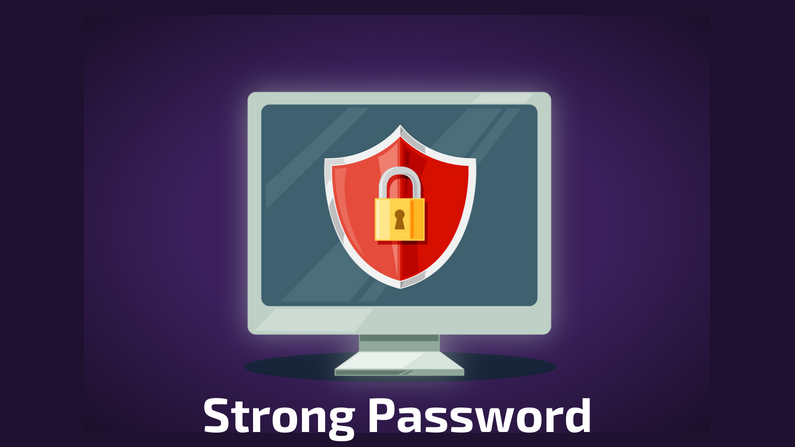
Design and set up strong passwords for all accounts associated with your store. Use a password that is different from the passwords for your other accounts. When setting a password, use lowercase and uppercase letters, as well as numbers and symbols. Do not use existing words, dates of weddings, birthdays, and other events you can learn about. Make the password as long as possible; the longer it is, the harder it will be to crack. But how do you check how reliable your password is? With the release of WooCommerce 3.2, the built-in password strength indicator is displayed when you create a new account.
2. Encrypt the connection
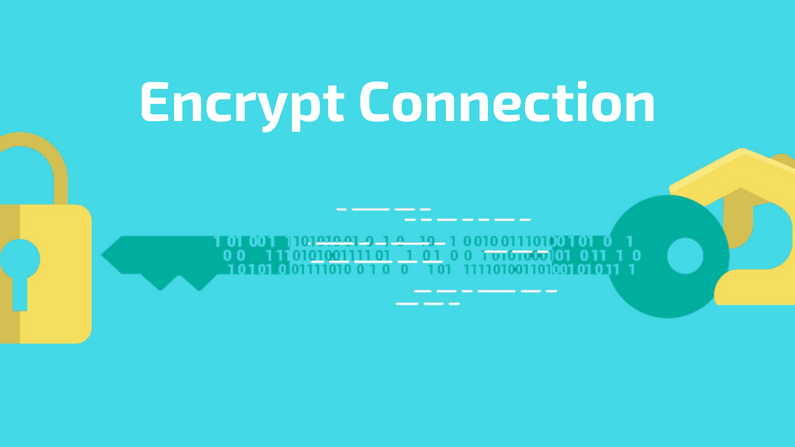
Use an SSL certificate on your website’s or WooCommerce store’s server to enable a secure connection between the buyer’s browser and the online store. SSL connections protect and secure your connection and are almost impossible to crack. An SSL connection is important for any website that processes customer personal data.
3. Enable 2-step authorization
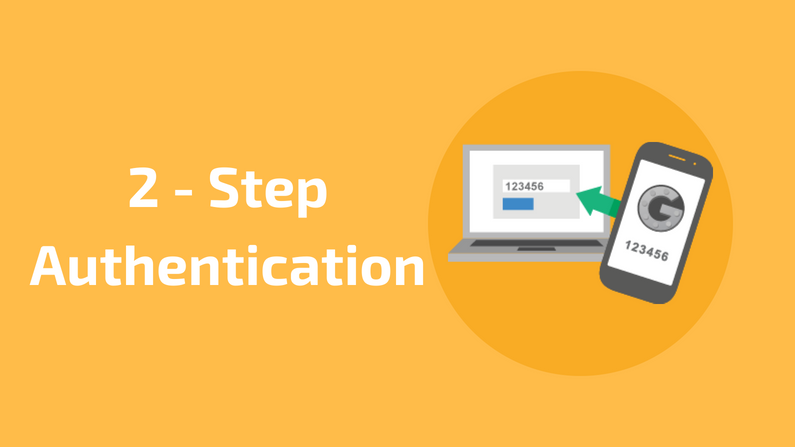
If intruders recognize your login and password, everything is lost. But not with 2-step authorization. It is reliable protection against hacking an online store. Knowing the login and password is not enough to enter the site with such approval.
After entering the login details and password, a message with the access code comes to the phone. Log in to the website is possible only by entering the received code on the authorization page. A hacker cannot enter your website even if they get your password without your mobile phone. Two-step authorization is practically invulnerable, so Internet banks widely use this method.
4. Keep Things Updated

Hackers think constantly about how to hack an online store. Therefore, finding new vulnerabilities in the operating system, browser, and websites is easy. Fortunately, they are opposed by no less professional developers who block vulnerabilities through updates. Therefore, it is best to install updates right after they are released.
Popular browsers and operating systems are updated automatically, but websites often must be updated manually. Look for updates and immediately update your online store.
5. Choose the best hosting service
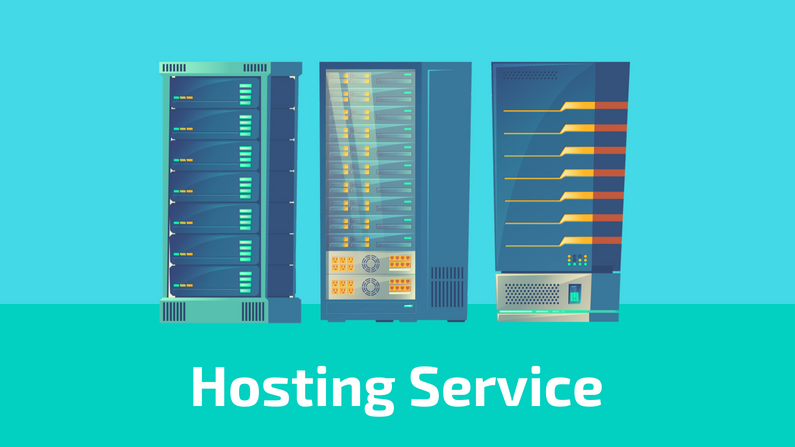
Choose a reliable hosting with a good reputation, which puts the security of your websites among your top priorities. Choosing your WooCommerce store as the first hosted host is not the best solution. Ideally, you need to find a special hosting for WooCommerce that pays special attention to security. Here are a few options that hosting should provide:
- Control and prevention of attacks.
- Proactive reporting and patches for security threats, such as WordPress main bugs, plug-in exploits, etc.
- The ability to isolate and eliminate the spread of infections, thus a hacked site or virus cannot be transferred to other sites located on the same shared server.
A good hosting company’s site should have a page devoted to security so that you can find all the necessary information. If you need to write supporting this information, then it’s better to choose another option.
6. Change the FTP directory settings
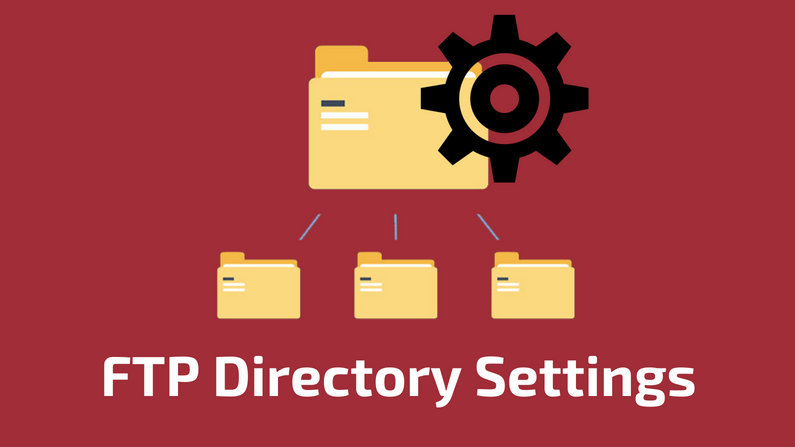
Another security measure that can be applied in minutes is restricting access to vulnerable website directories via FTP.
Unprotected shared hosting environments or hacked passwords threaten to gain access to your site’s FTP, through which attackers can download malicious files directly to the WordPress directory. We recommend limiting the ability to write to these directories to minimize or eliminate the likelihood of damage and misconduct.
Make sure that only your FTP account has write access to the following folders:
- The root directory (except .htaccess files, if you use the WordPress plugin to redirect URLs)
- WP-admin
- WP-includes
- WP-content
You will also need to grant write access to the WP-content folder for your server.
7. Regularly scan the WooCommerce website for vulnerabilities
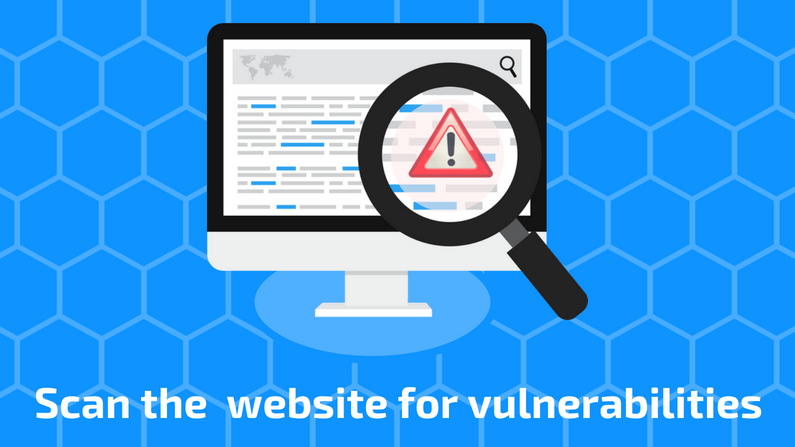
A regular website scan for vulnerabilities has become a necessary procedure. Scanners detect SQL injections, cross-site scripting (XSS), malware redirects, and many other vulnerabilities. The information obtained after scanning will allow system administrators to remove vulnerabilities at the code level and provide an overview of the website’s security level.
8. Limit the Number of Login Attempts
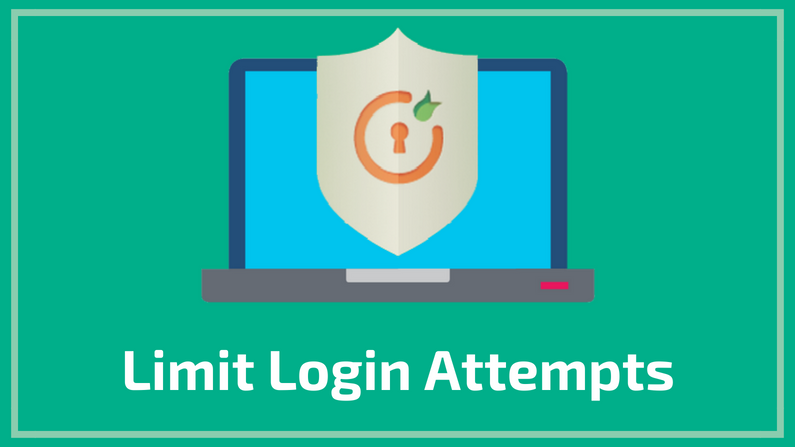
Even using the most sophisticated passwords, including two-factor authentication, does not always protect you from suspicious individuals who can forcefully try to enter your store.
The Jetpack Protect security features can help with this. They will limit the number of unsuccessful attempts to log into your store’s admin panel. After that, the IP address from which these attempts were made will be blocked. This will prevent malicious attempts to enter, and the lock statistics will be displayed in the control panel.
9. Protect Devices
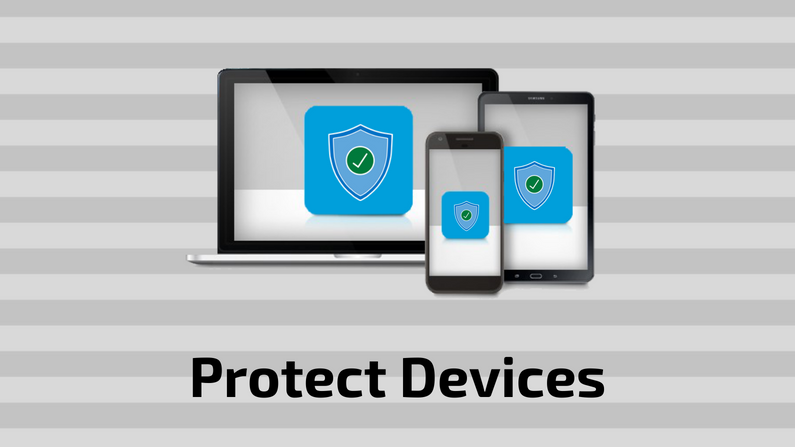
All previous tips help you protect against website hacking, but you can get a desperate hacker who will try to hack your devices. A hacker has selected the device from which you manage the website, and your web browser is configured to auto-complete passwords. Hackers learn passwords and steal the phone to see the confirmation code.
For protection against hackers, configure encryption.
The simplest way is to use the administrator password to log on to the computer and the lock screen on the mobile phone. It’s better to use encryption for all devices.
- Mac: Encrypt the startup disk using File Vault
- Windows: Encrypt data using BitLocker.
- Android: Encrypt data using the Standard Utility.
- iPhone: Protect data with built-in capabilities.
10. Block Access by IP Address
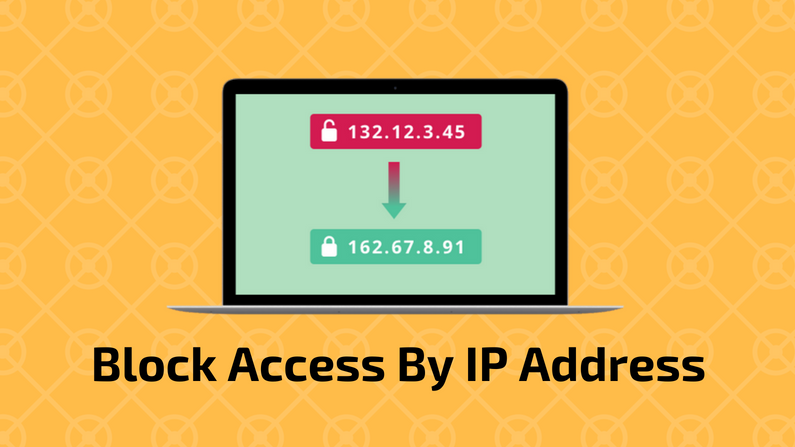
If you have convenient and high-quality hosting, you can use a firewall to completely exclude access to your site via FTP or SSH protocols other than your IP address. In this case, no matter how hard an intruder tries, he cannot get to the online store or site and post malicious code via FTP or the admin panel.
All he has to do is try to download the malicious code through the store’s admin panel. But here, we can also block access to it via IP. If you want to block the input for the desired folder by the IP address, use the .htaccess file
To allow access only from your IP to the folder, you need to place the following text:
order deny, allow
allow from 123.134.567.890
allow from 1.23.45.156
deny from all
Specify the IP addresses from which you usually go to the desired folder.
Save the .htaccess file and drop it into the desired folder. After that, the user from someone else’s address cannot. There is one more option: you can disable logging in to the desired folder through your WooCommerce website hosting settings.
Conclusion
Remember that protection should be the top priority of your WooCommerce website. When launching your website, it is very easy to overlook the security issue, but it should be treated with all seriousness if you want to run your business successfully. Protecting your data and customer data from the beginning should be your primary concern.
Suppose you have advice for those who are just starting to learn about WordPress and WooCommerce security, or for those beginning entrepreneurs who have opened their WooCommerce store. In that case, we will happily hear your opinion in the comments.

